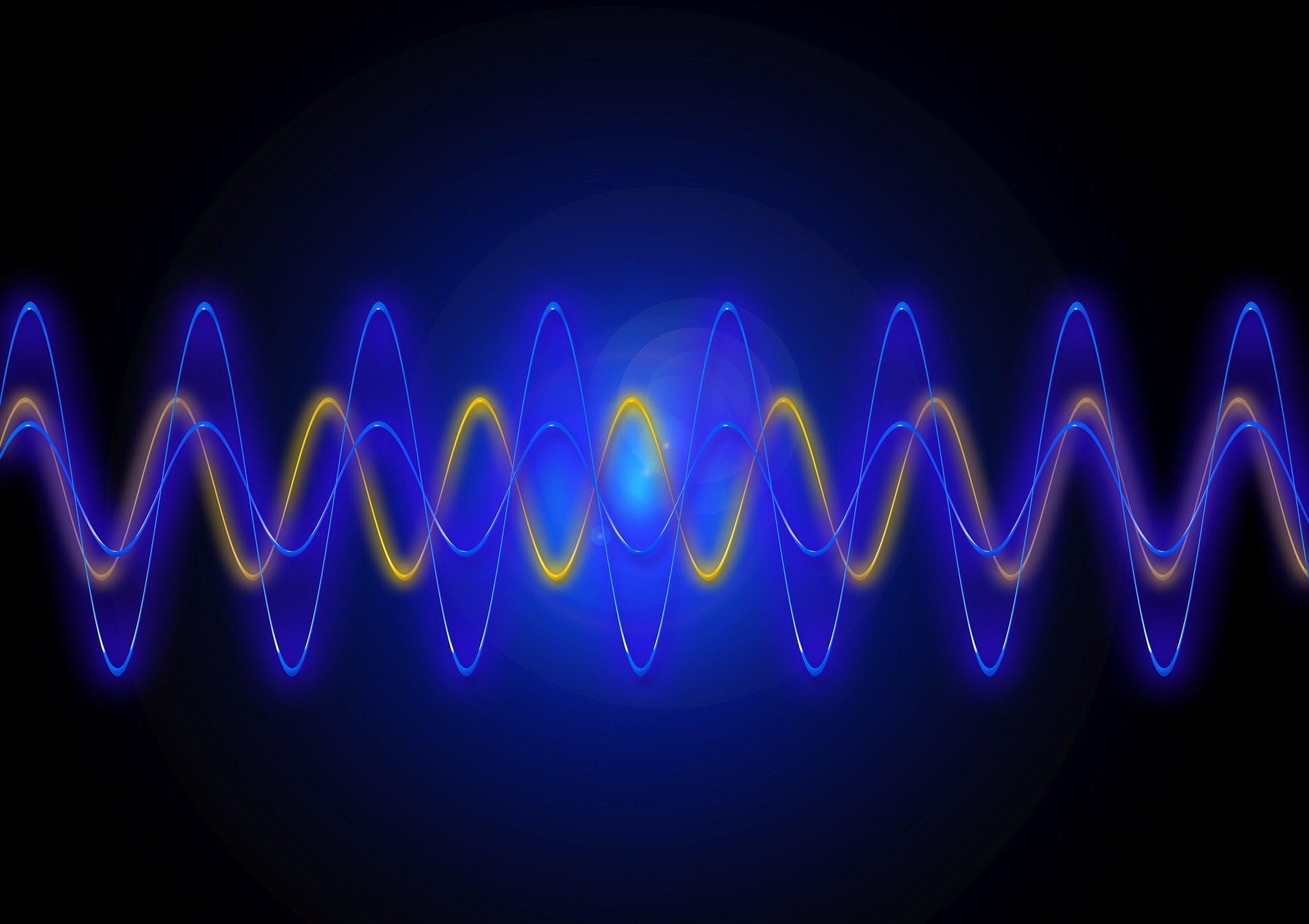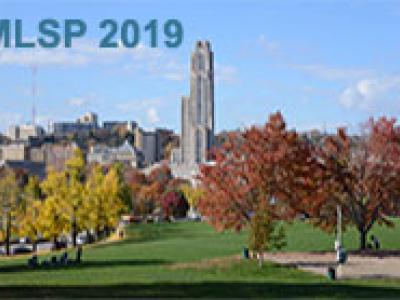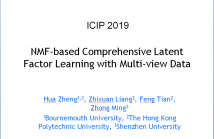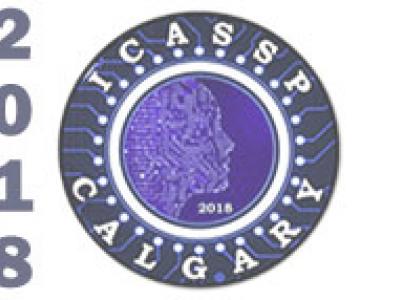
- Read more about APPENDIX: MULTIMAE MEETS EARTH OBSERVATION: PRE-TRAINING MULTI-MODAL MULTI-TASK MASKED AUTOENCODERS FOR EARTH OBSERVATION TASKS
- Log in to post comments
APPENDIX: MULTIMAE MEETS EARTH OBSERVATION: PRE-TRAINING MULTI-MODAL MULTI-TASK MASKED AUTOENCODERS FOR EARTH OBSERVATION TASKS
- Categories:
 52 Views
52 Views
- Read more about Multi-view variational recurrent neural network for human emotion recognition using multi-modal biological signals
- Log in to post comments
In this paper, the Multi-view Variational Recurrent Neural Network (MvVRNN) is proposed for multi-modal human emotion recognition with gaze and brain activity data while humans view images. For realizing accurate emotion recognition, we focus on the following three characteristics of biological signals: 1) the relationship between implicit and explicit information such as gaze and brain activity data, 2) the temporal changes related to human emotions and 3) the effects of noises that can be included during data acquisition.
- Categories:
 86 Views
86 Views
- Read more about Deep Active Learning from Multispectral Data through Cross-Modality Prediction Inconsistency
- Log in to post comments
ICIP2021.pdf
- Categories:
 16 Views
16 Views
- Categories:
 33 Views
33 Views
- Read more about ICASSP 2021 Poster
- Log in to post comments
This paper investigates the employment of photoplethysmography (PPG) for user authentication systems. Time-stable and user-specific features are developed by stretching the signal, designing a convolutional neural network and performing a variation-stable approach with three score fusions. Two evaluation scenarios are explored, namely single-session and two-sessions.
- Categories:
 171 Views
171 Views
- Read more about AUDIO-VISUAL FUSION AND CONDITIONING WITH NEURAL NETWORKS FOR EVENT RECOGNITION
- Log in to post comments
Video event recognition based on audio and visual modalities is an open research problem. The mainstream literature on video event recognition focuses on the visual modality and does not take into account the relevant information present in the audio modality. We propose to study several fusion architectures for the audio-visual recognition task of video events. We first build classical fusion architectures using concatenation, addition or Multimodal Compact Bilinear pooling (MCB).
- Categories:
 74 Views
74 Views
- Read more about NMF-based Comprehensive Latent Factor Learning with Multiview Data
- Log in to post comments
Multiview representations reveal the latent information of the data from different perspectives, consistency, and complementarity. Unlike most multiview learning approaches, which focus only one perspective, in this paper, we propose a novel unsupervised multiview learning algorithm, called comprehensive latent factor learning (CLFL), which jointly exploits both consistent and complementary information among multiple views. CLFL adopts a non-negative matrix factorization based formulation to learn the latent factors.
- Categories:
 87 Views
87 Views
- Read more about GRAPH-BASED EARLY-FUSION FOR FLOOD DETECTION
- Log in to post comments
Flooding is one of the most harmful natural disasters, as it poses danger to both buildings and human lives. Therefore, it is fundamental to monitor these disasters to define prevention strategies and help authorities in damage control. With the wide use of portable devices (e.g., smartphones), there is an increase of the documentation and communication of flood events in social media. However, the use of these data in monitoring systems is not straightforward and depends on the creation of effective recognition strategies.
- Categories:
 13 Views
13 Views
- Read more about A MULTI-PERSPECTIVE APPROACH TO ANOMALY DETECTION FOR SELF-AWARE EMBODIED AGENTS
- Log in to post comments
This paper focuses on multi-sensor anomaly detection for moving cognitive agents using both external and private first-person visual observations. Both observation types are used to characterize agents’ motion in a given environment. The proposed method generates locally uniform motion models by dividing a Gaussian process that approximates agents’ displacements on the scene and provides a Shared Level (SL) self-awareness based on Environment Centered (EC) models.
- Categories:
 24 Views
24 Views
- Read more about Discriminant Correlation Analysis for Feature Level Fusion with Application to Multimodal Biometrics
- Log in to post comments
In this paper, we present Discriminant Correlation Analysis (DCA), a feature level fusion technique that incorporates the class associations in correlation analysis of the feature sets. DCA performs an effective feature fusion by maximizing the pair-wise correlations across the two feature sets, and at the same time, eliminating the between-class correlations and restricting the correlations to be within classes.
- Categories:
 120 Views
120 Views